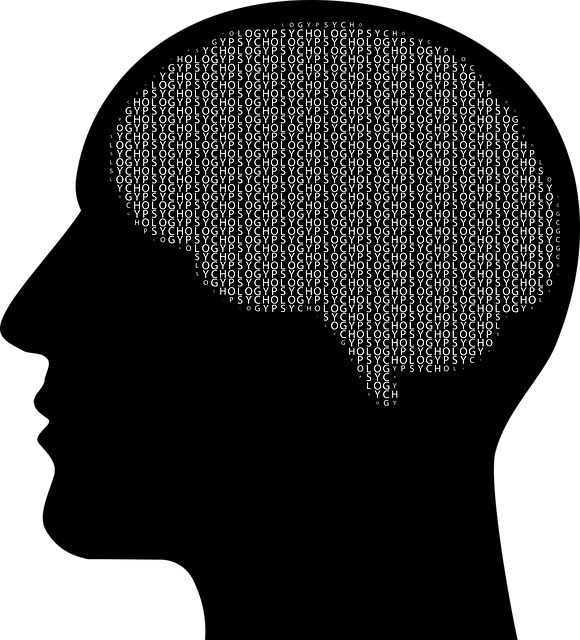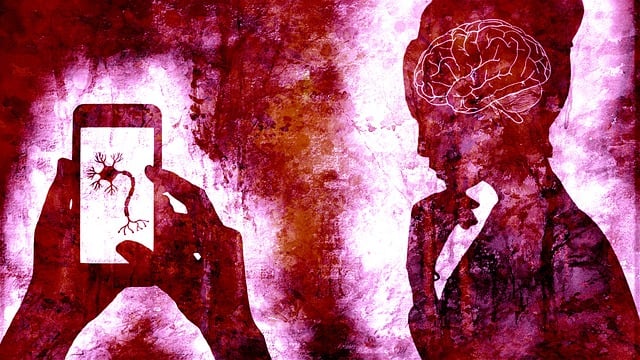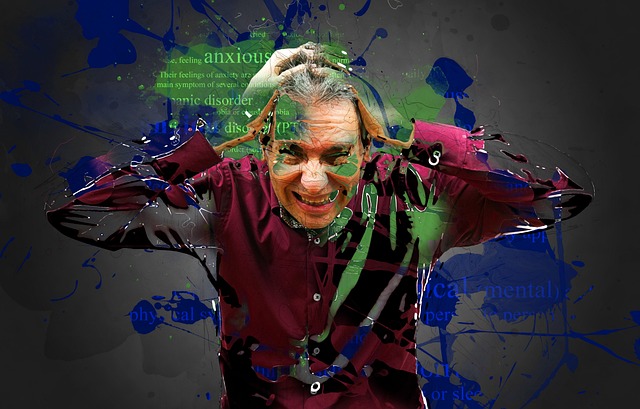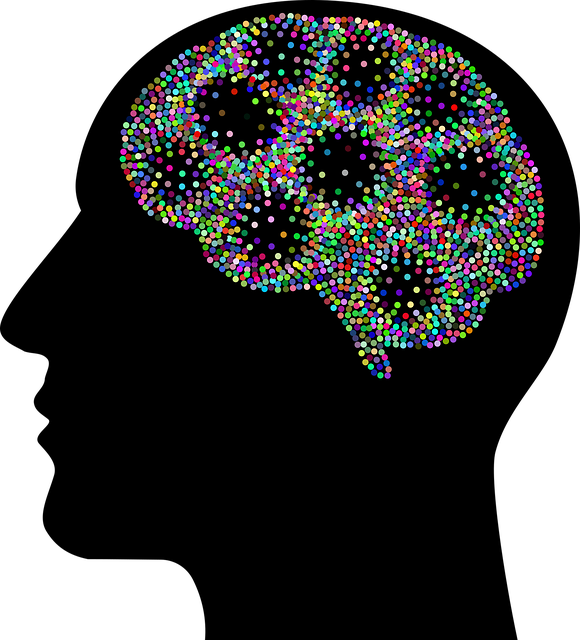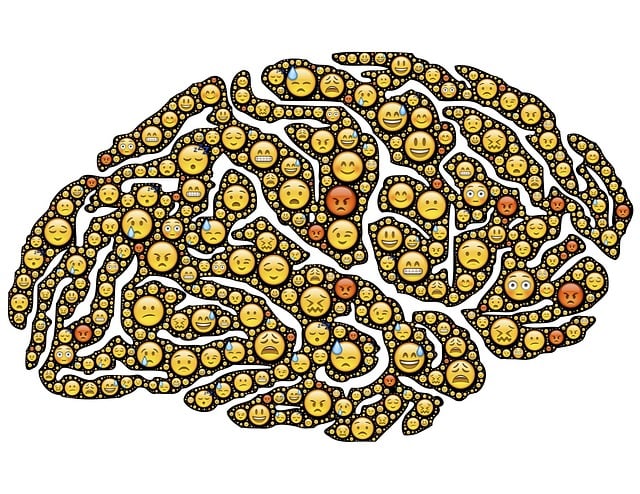Social skills training is a powerful tool for young adults (aged 18-35) experiencing major life transitions, such as starting college or entering the workforce, while managing mental health conditions like anxiety, depression, and bipolar disorder. Tailored therapy programs focus on improving communication, empathy, emotional intelligence, and self-esteem to enhance relationships, manage emotions, and build resilience. These innovative therapies, including social skills training and mental wellness podcast series, empower young adults to navigate social challenges, improve quality of life, and foster overall mental wellness during these crucial periods.
Social skills training is a powerful tool in supporting individuals with mental health conditions, especially young adults navigating major life transitions. This comprehensive guide explores the intricate link between social abilities and mental well-being, delving into how disorders can impact social interactions. We identify key social skills to target for improvement and review effective training methods. From cognitive-behavioral therapy to role-playing exercises, these techniques empower individuals to build confidence and enhance their connections, fostering a healthier and more fulfilling life.
- Understanding the Link Between Social Skills and Mental Health
- The Impact of Mental Health Conditions on Social Interactions
- Identifying Specific Social Skills to Focus On
- Types of Training and Techniques for Effective Improvement
- Real-World Application: Navigating Major Life Transitions with Enhanced Social Skills
Understanding the Link Between Social Skills and Mental Health

Social skills training is a crucial component of mental health care, especially for young adults navigating major life transitions. The link between social skills and mental health is intricate; effective communication, empathy, and interpersonal relationships play a significant role in maintaining and improving one’s psychological well-being. In today’s fast-paced world, where social interactions often occur virtually, fostering robust social skills becomes even more essential for overall mental health.
Therapy for young adults dealing with various mental health conditions can greatly benefit from tailored programs designed to enhance their social skills. Mental health education projects that focus on inner strength development and stress reduction methods can empower individuals to build resilience in their relationships. By learning effective communication strategies, managing emotions in social settings, and cultivating empathy, young adults can improve their overall quality of life and better manage their mental health conditions during these pivotal life transitions.
The Impact of Mental Health Conditions on Social Interactions

Mental health conditions can significantly impact an individual’s ability to navigate social interactions, often leading to feelings of isolation and loneliness. For young adults facing major life transitions, such as navigating college or entering the workforce, these challenges can be particularly acute. Conditions like anxiety disorders, depression, and bipolar disorder may cause individuals to withdraw from social activities, struggle with communication, and find it difficult to form meaningful connections. This can further exacerbate feelings of low self-worth and contribute to a cycle of negative emotions.
Social skills training plays a pivotal role in therapy for young adults, addressing these issues through structured programs designed to enhance mental wellness coaching. Mental wellness podcast series production has also emerged as an innovative approach, offering accessible resources for individuals seeking support. Moreover, risk assessment is crucial for mental health professionals to ensure they can effectively manage and mitigate risks within their practice, particularly when working with vulnerable populations. These interventions aim to empower individuals with the necessary tools to engage in social situations, foster healthy relationships, and ultimately, contribute to improved mental wellness.
Identifying Specific Social Skills to Focus On

When considering social skills training for mental health conditions, particularly in young adults navigating major life transitions, it’s crucial to identify the specific areas that need the most attention. Therapy for this demographic often involves tailoring skill-building sessions to address unique challenges. For instance, improving communication can be a priority during times of significant change, such as entering college or starting a new job. These transitions may trigger anxiety or depression, making effective self-care practices and stress management essential components of the training.
The focus could also include enhancing emotional intelligence to better understand and interact with others. Building confidence through self-esteem improvement techniques is another vital aspect, especially when individuals are facing societal pressures. By combining these skills with mind over matter principles, participants can learn to overcome social barriers, fostering healthier relationships and an overall more resilient mindset.
Types of Training and Techniques for Effective Improvement

Social skills training plays a pivotal role in addressing mental health conditions, especially for young adults navigating major life transitions. This type of therapy focuses on teaching individuals effective communication, emotional regulation, and interpersonal interaction strategies. Various techniques are employed to achieve these goals, catering to diverse learning styles and needs. Role-playing scenarios, for instance, help clients practice social exchanges in a safe environment, fostering confidence and refining their responses to different social cues.
Additionally, coping skills development through mindfulness meditation has proven effective in managing anxiety and depression. Healthcare providers can incorporate burnout prevention strategies into these sessions, promoting self-care practices that enhance resilience. By combining social skills training with mindfulness techniques, young adults gain a comprehensive toolkit for navigating social challenges while maintaining their mental well-being, particularly during significant life changes.
Real-World Application: Navigating Major Life Transitions with Enhanced Social Skills

Navigating major life transitions can be a significant challenge for individuals managing mental health conditions. These transitions, such as starting college, changing careers, or moving to a new city, often require navigating unfamiliar social environments and building supportive networks from scratch. Enhanced social skills acquired through therapy for young adults can prove invaluable during these pivotal moments. By participating in mental wellness coaching programs development tailored to address major life transitions, individuals gain the confidence boosting tools necessary to initiate conversations, form meaningful connections, and seek support when needed.
Real-world application of these skills goes beyond casual interactions. They empower individuals to advocate for their mental health needs, set boundaries, and foster healthy relationships that contribute to overall mental wellness. The success of this approach is echoed in various mental wellness podcast series production, where individuals share transformative stories of leveraging social skills training to overcome challenges and thrive in new phases of life.
Social skills training is a powerful tool for individuals with mental health conditions, offering a path to enhanced well-being and improved quality of life. By addressing social interaction challenges, this approach empowers people to navigate major life transitions with greater confidence. Through targeted exercises and evidence-based techniques, individuals can develop the necessary skills to build connections, manage relationships, and thrive in various social settings. This form of therapy has proven effective for young adults, enabling them to overcome social barriers and foster a sense of belonging. By investing in social skills training, we support those with mental health struggles to integrate more fully into their communities and lead fulfilling lives.


